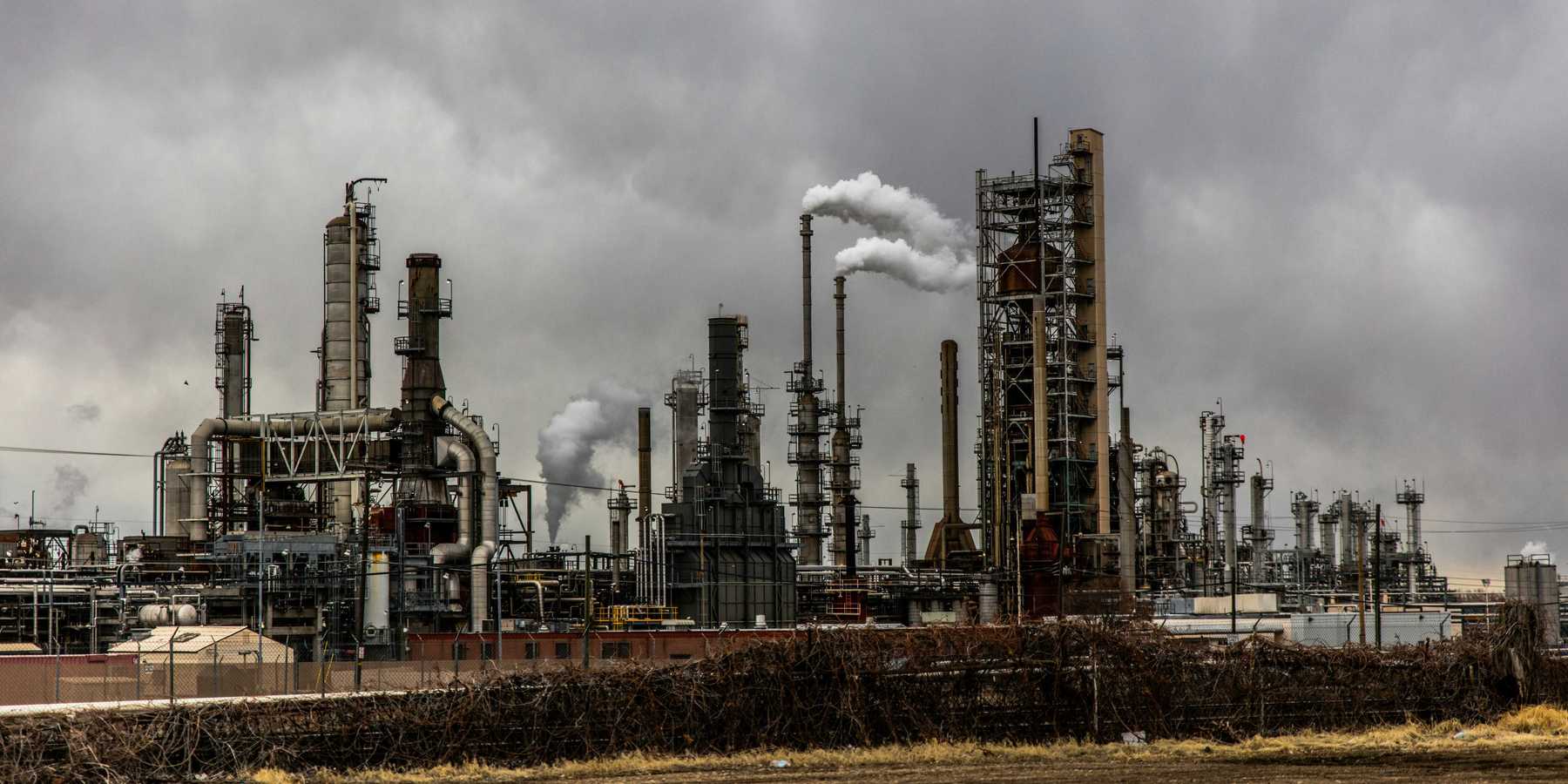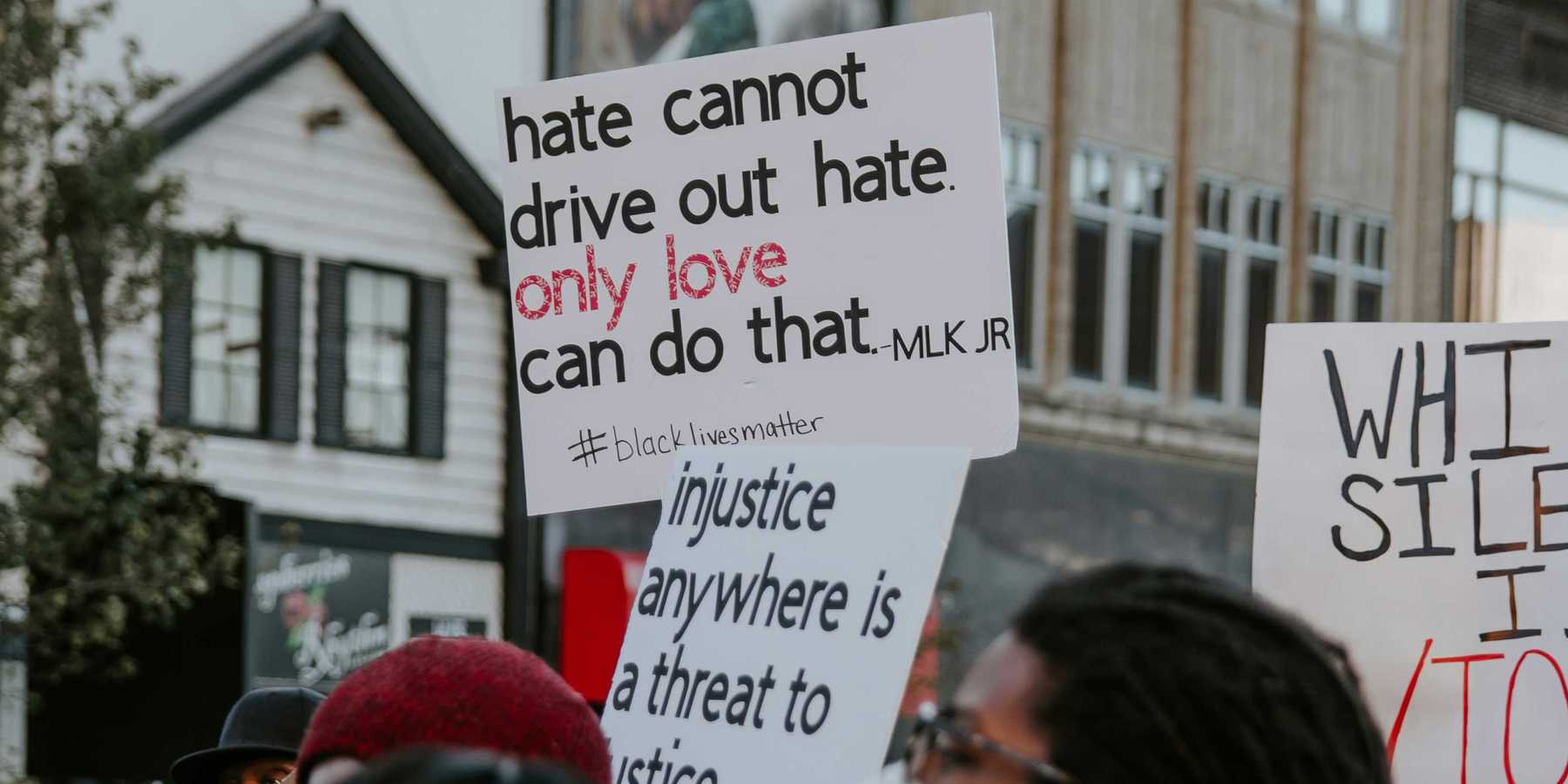Guyana's new wealth: boon or bane?
In Guyana, a country with a history of colonial exploitation and environmental preservation, the discovery of vast offshore oil reserves is setting the stage for a transformative era, juxtaposed against rising concerns over climate change and equitable development.
Gaiutra Bahadur reports for The New York Times.
In short:
- Guyana is experiencing an economic boom due to offshore oil discovery, despite previous eco-friendly initiatives like selling $250 million in carbon credits.
- The government plans to further invest in fossil fuels, constructing a 152-mile pipeline to support a new power plant, raising hopes for economic development but also environmental and social concerns.
- Rising sea levels threaten the capital, Georgetown, highlighting the paradox of pursuing fossil fuel development amidst climate change challenges.
Key quote:
"We’re obviously talking about developing countries here, and if there’s so much social and economic development that still needs to happen, then it’s hard to actually demand a complete ban on fossil fuels. [Still], we're in a moment in the climate crisis where no one can get a pass."
— Maria Antonia Tigre, director at the Sabin Center for Climate Change Law at Columbia University
Why this matters:
Guyana's offshore oil prospects have been generating significant attention in recent years, thanks to substantial discoveries in its Stabroek Block, operated by ExxonMobil. These discoveries have positioned Guyana as one of the world's hottest emerging oil frontiers. With estimates of more than nine billion barrels of oil equivalent, the nation's oil potential is undeniably vast.
Developing countries that increase their fossil fuel production are at a crossroads: securing their own long-term well-being or earning revenue to finance programs to support immediate economic growth.













